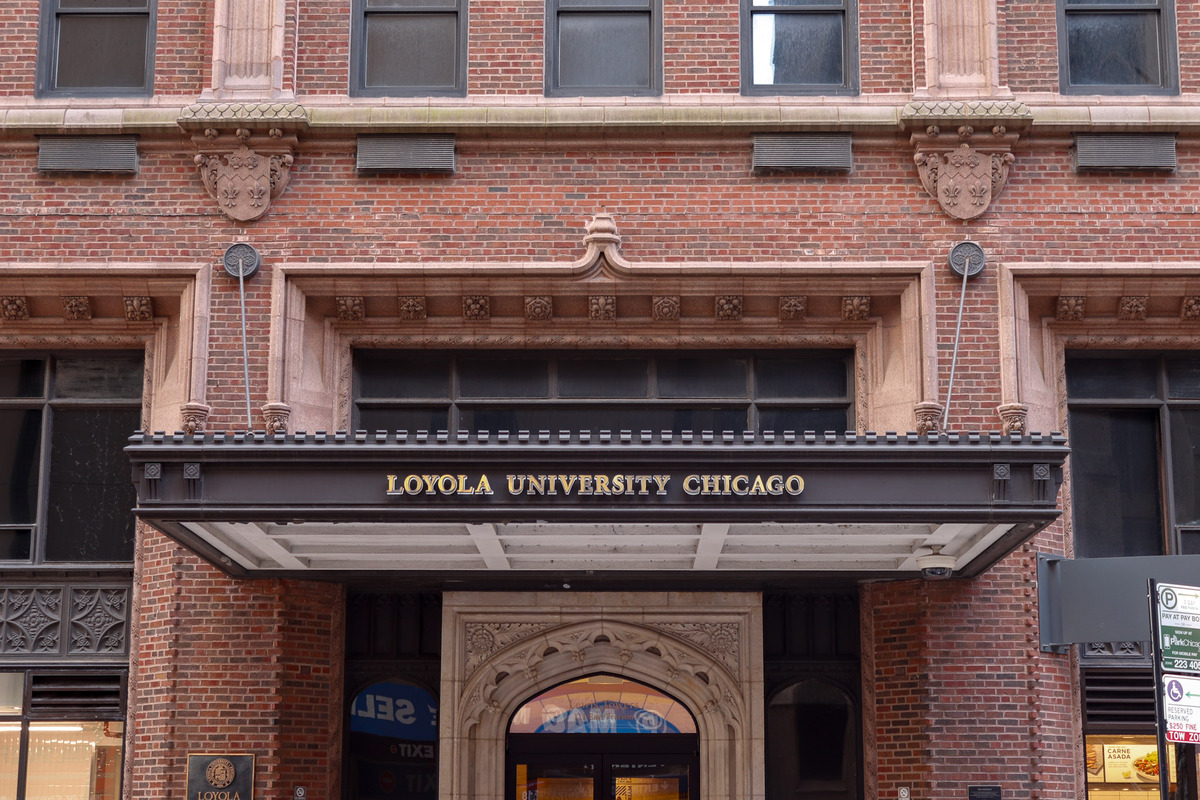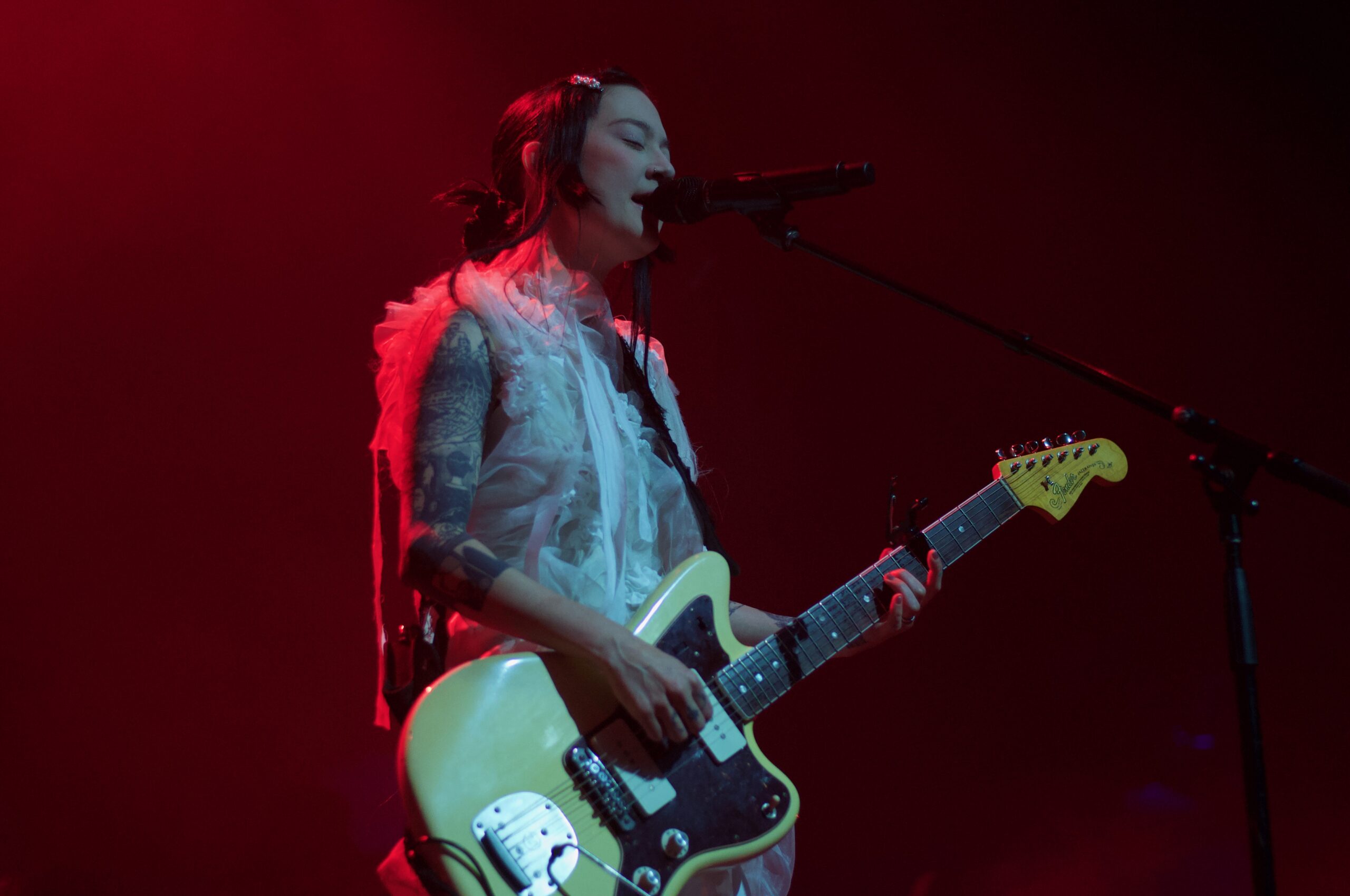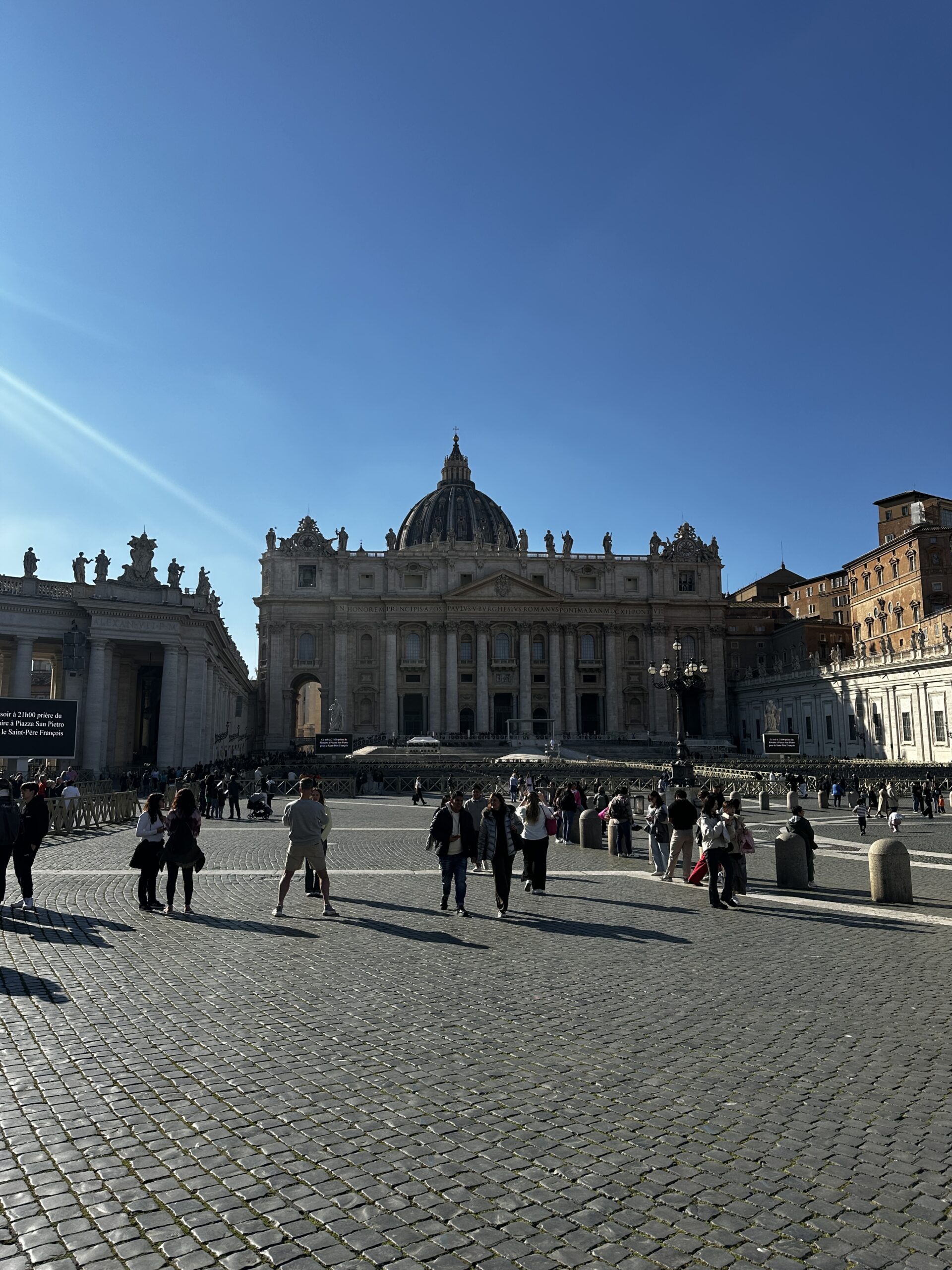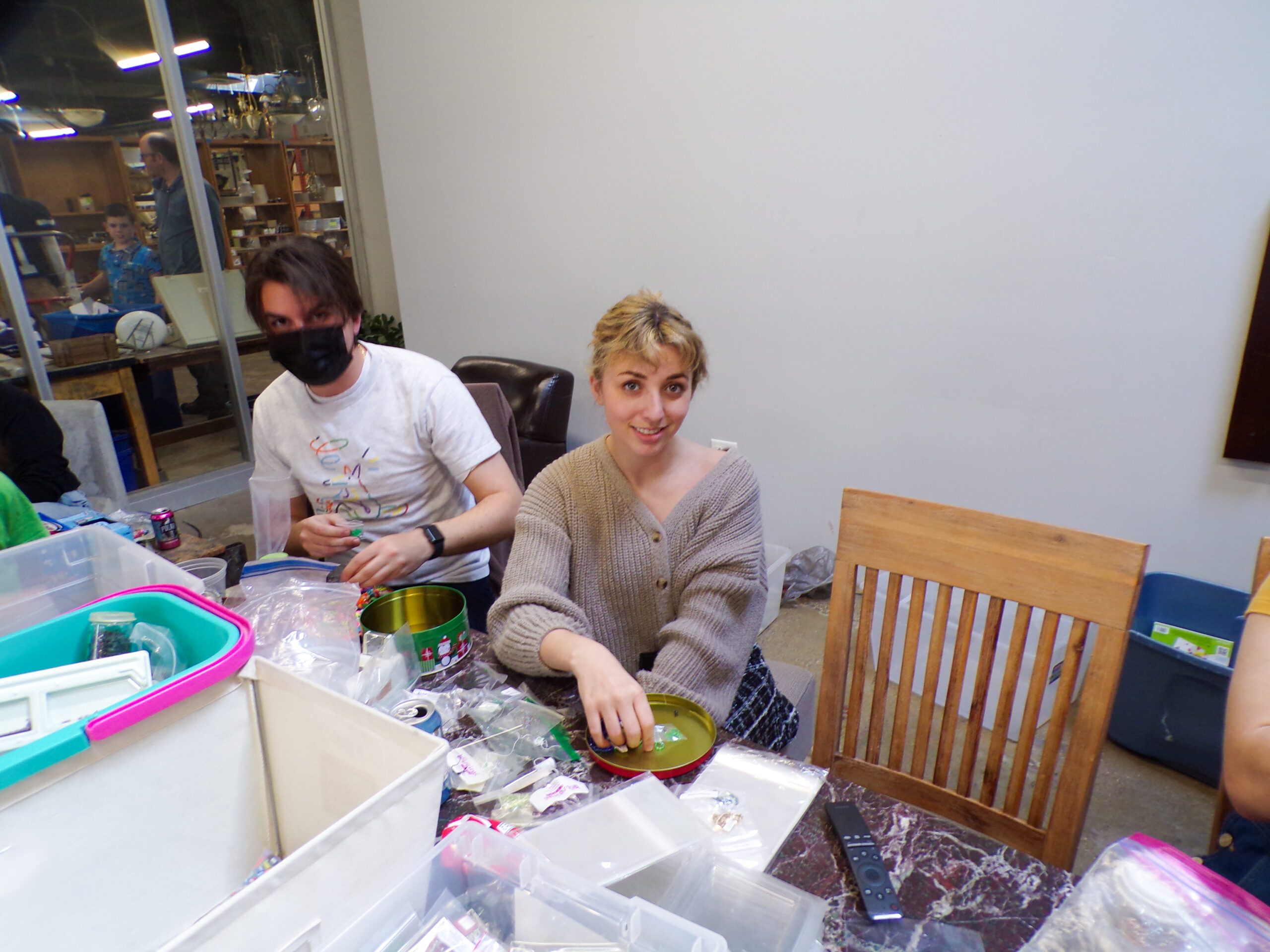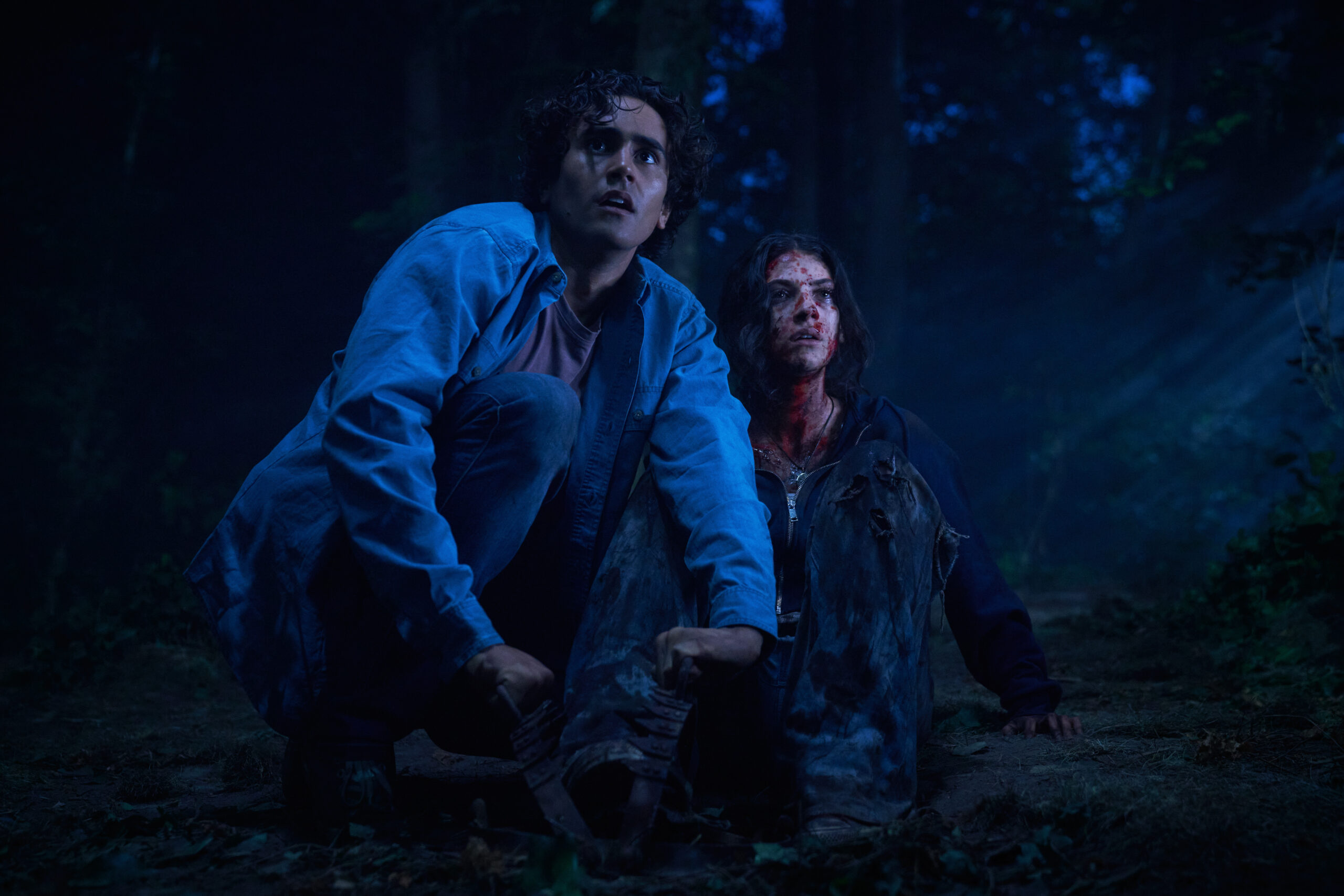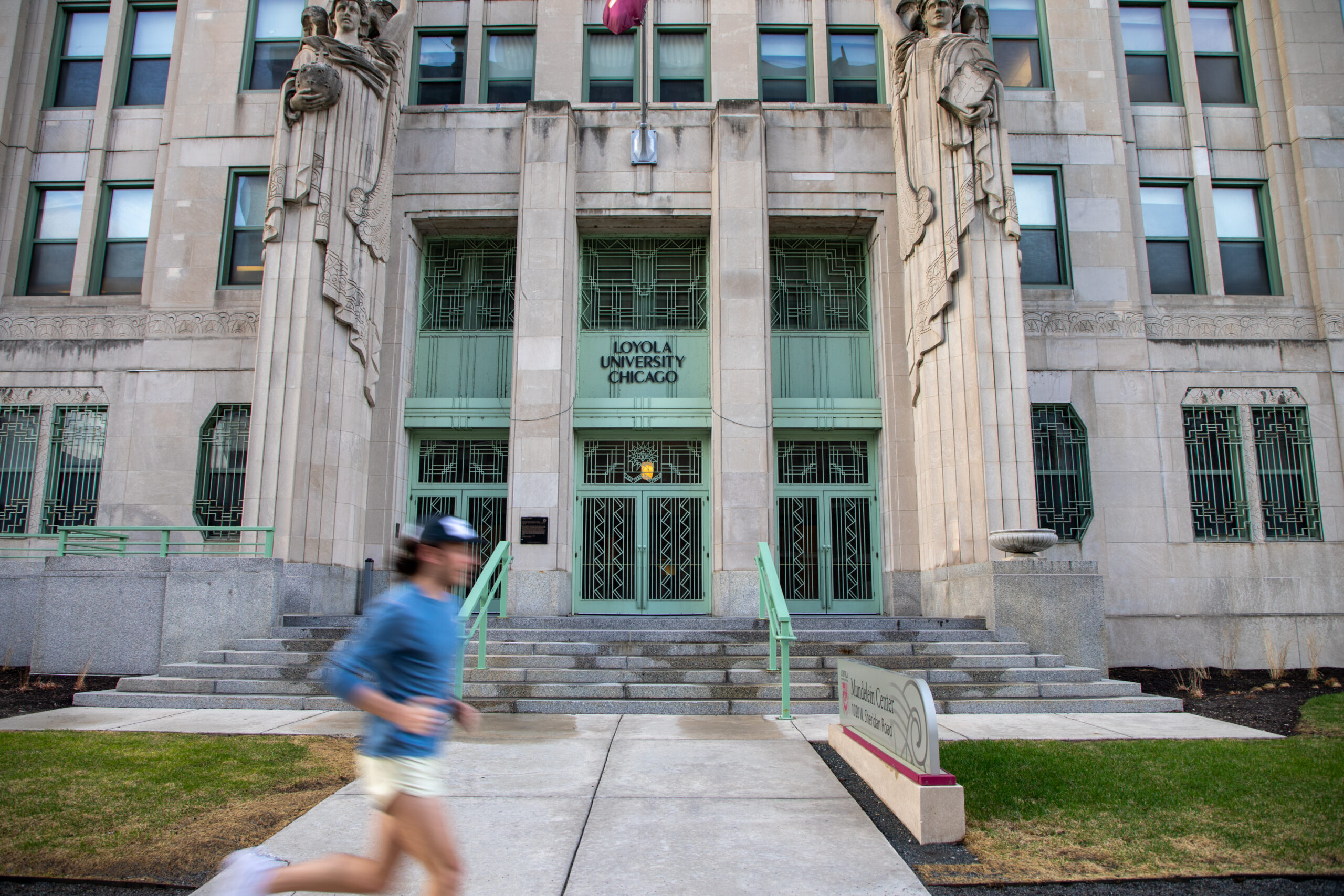Loyola’s School of Education received a $3.5 million grant from the Department of Education to fund Practicing Democracy in Communities.
Loyola’s School of Education received a $3.5 million grant from the Department of Education to fund Practicing Democracy in Communities, a new civic education program currently being implemented in several nearby Chicago public schools connecting preexisting civics classes with wider networks of teachers, museums, politicians and resources.
A total of 1,000 students and 20 teachers across eight different schools are engaging with the initiative already, with the number of participants expected to grow over the grant’s five-year lifespan. Currently, the program is in a “beta phase” with only a select few activities prepared before the true launch next school year, according to Project Lead Jon Schmidt.
The grant was announced in a Jan. 25 press release briefly describing the Practicing Democracy in Communities initiative and its value to the development of democratic citizenship, according to the release. The four high schools involved in the program are Sullivan, Senn, Amundsen and Lakeview High School, and the four elementary schools are Hayt, William C. Goudy, McCutcheon and Ravenswood Elementary School.
The first event funded by this grant will be three Zoom sessions in March. The meetings will be between a small group of students from participating high schools in Chicago and high schoolers in Lebanon done in partnership with the Lebanese American University and the U.S. Embassy in Beirut, according to Practicing Democracy in Communities Program Manager Marielle St. Amand.
In each of these three dialogue sessions students will discuss a different topic each day relating to the principles behind “a just and equitable society,” according to St. Amand, who earned a masters in elementary education from Loyola in 2021.
The grant officially began Oct. 1, but Practicing Democracy in Communities will fully launch in the next school year when more of the program is ready. Many of the current efforts are focused on connecting people and preparing necessary relationships with museums and politicians, according to Schmidt.
A representative from the Department of Education declined to comment about the grant funded initiative.
Schmidt said this program is more generative than the standard grant which usually have more specific objectives while this program is more open to collaborations between Loyola and the various other involved groups. He said he thought this generative factor helped Practicing Democracy in Communities stand out against other grants.
“This is a full set of civic experiences that students would not ordinarily have access to,” Schmidt said. “They’re not getting out into communities very often, they’re not going to museums or they’re not meeting with elected officials. So a lot of those things are just not happening. And those are all parts of building civic muscle, as we like to say.”
Another one of the first events for the initiative is an upcoming May 17 Model United Nations with around 300 students from 15 schools set to attend, according to St. Amand. Other future events include museum visits, an election simulation in October, an urban-rural exchange program in collaboration with the University of Montana, paid summer internships with community partners and meeting elected officials at local, state and federal levels.
Emily Wagner — a civics teacher at Sullivan High School who graduated from Loyola in 2017 with a bachelor’s degree in history — and her students have already begun preparing talking points and questions for the upcoming Lebanese dialogue sessions, of which only five out of 30 student slots remain unfilled.
“By having this conversation with students that are literally on the other side of the globe, and seeing both how they are the same and how they’re different, I really just hope that their or my students are able to confront their own like — pop their bubbles, essentially,” Wagner said. “And be like, ‘Oh, there’s a whole world out here besides Chicago that I can explore and learn more about.’ That is confidence.”
Both Schmidt and St. Amand differentiated between normal social studies education and this initiative, saying civics goes beyond memorization or civic knowledge such as facts about the workings of government. Instead, they said civics focuses more on engaging with government and how students can make change in their communities.
“Especially in 2024, a lot of people are talking about democracy hanging in the balance this year and the big election in November,” Schmidt said. “That we really feel it’s important to really focus on, you know, ‘What are your passions? How are you thinking about this? What’s your experience?’ And how can you connect that to civic opportunities.”
In her previous experience teaching government and civics classes for five years in various private schools, St. Amand said she was blessed with flexibility when creating her curriculum but feels “pretty spoiled” in her current role because of the number of students, teachers and museums she works with.
“In this past year, I was teaching civics,” St. Amand said. “It’s something that I’ve grown really passionate about and find that out of the sort of social studies area, that civics is really the course that applies directly to students’ lives, and they can take action based on what we talk about in the classroom, slash we can take action together.”
Through her work in the area, Wagner said she realized her passion for civics and education, which people often assume to simply be government but she sees as what it means to be a community member.
“They may feel that students are maybe a little apathetic, maybe students don’t have the passion,” Schmidt said. “And I don’t, you know, I think sometimes we can easily misconstrue what seems to be, seems to us to be apathy to something else, right? I just don’t, I just think that people with the right kinds of prompts and with the right kinds of learning opportunities, are able to tap into some of their passions.”
Schmidt said Practicing Democracy in Communities reflects the vision and mission of the university by offering both students and faculty a chance to build stronger communities.
Featured image by Leslie Moraz / The Phoenix
-
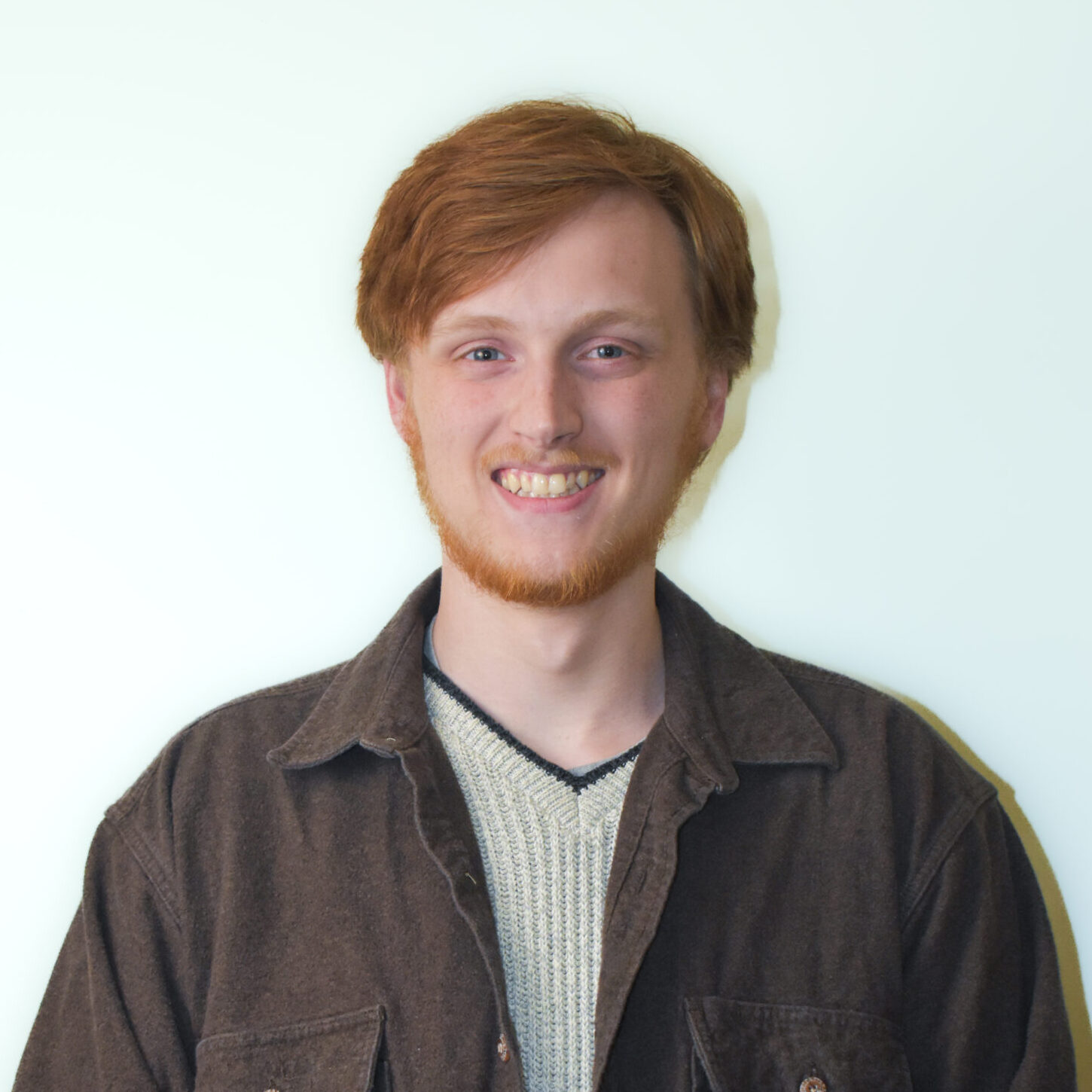
Hunter Minné wrote his first article for The Phoenix during just his first week as a first-year at Loyola. Now in his third-year on staff and second as a Deputy News Editor, the Atlanta-native is studying journalism, political science and environmental communication alongside his work at the paper. For fun he yells at geese.
View all posts

